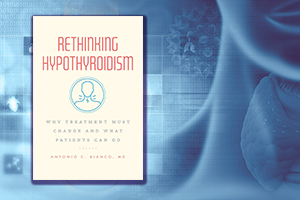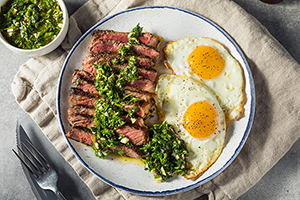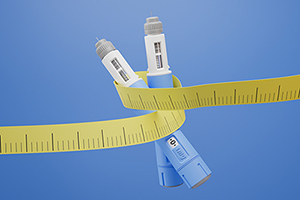



Q: My son who is in his late twenties has had a drinking/drug problem for years. I do not know after reading your article whether it is actually alcoholism or alcohol abuse. Regardless, it has become a real problem both personally and professionally.
He got involved further with cocaine and crack cocaine, but it seems that his primary starter is alcohol. He is now in treatment with a drug counselor, but I am not sure that he has admitted he has a problem. The sugar connection intrigues me, and I am going to give him this article as he should possibly be on other things to help him through this.
Does this mean he will be fighting addiction the rest of his life?
 A: I don’t believe people have to remain slaves to their addictions all their lives. A good diet with adjunctive supplements along with consistent social support can be the cure.
A: I don’t believe people have to remain slaves to their addictions all their lives. A good diet with adjunctive supplements along with consistent social support can be the cure.
The biochemistry of addiction involves chemical messengers called neurotransmitters. There are many neurotransmitters, and some of the most critical ones are serotonin, gamma-aminobutyric acid (GABA), and dopamine. Dopamine is the “reward” neurotransmitter that is most intimately associated with addiction. Serotonin is the primary mood-regulator, while GABA behaves as a natural sedative, helping us to chill out.
A diet consisting of refined carbohydrates (sugar, white flour, etc.) and/or caffeine intake, as well as alcohol and substance abuse will burn out these precious neurotransmitters, pushing a person into a vicious cycle of craving those same foods/substances in an effort to get another fix. Getting that fix is an attempt to replenish depleted neurotransmitters. At this point the person needs that food/substance as a substitute for the missing chemicals—he is an addict. The unstable blood sugar that ensues is a critical component of perpetuating addiction, adding insult to injury.
The production of neurotransmitters is dependent on a rich, consistent supply of essential amino acids, like L-tryptophan and tyrosine, among others. You guessed it: meat, poultry, fish, eggs. These are all high quality protein foods necessary for good moods and balanced mental health. Having a source of protein at every meal along with a variety of vegetables followed by a piece of fruit for dessert, will ensure a steady supply of L-tryptophan, an important precursor to serotonin. Call this a good mood diet.
To keep nerve cell membranes fluid and healthy for proper transport of neurotransmitters, the omega 3 fats EPA/DHA are critical. Other supplements that are helpful to help quash the cravings associated with addiction are L-glutamine and 5-HTP. To boost GABA, the “chill-out” neurotransmitter, L-theanine and N-acetyl-cysteine (NAC) are helpful.
To your health!
As you may know, I’ve been doing a weekly “Q&A with Leyla” podcast feature with Dr. Hoffman. Now you can get my perspective and expertise every Friday on my own episode of the Intelligent Medicine Podcast. If you missed last week’s, you can listen here. To be sure you don’t miss out on any of my important insights and information, subscribe today!
Though we think of declining estrogen as the hallmark of menopause, it's actually common for…

Up to 12 percent of Americans have ulcers at some point in life. Peptic ulcers…
Gallbladder disease is a modern illness. An estimated 20 million Americans have gallbladder disease. The…

Dr. Antonio Bianco, recipient of the American Thyroid Association’s John B. Stanbury Thyroid Pathophysiology Medal,…

There’s a misconception among low-carb dieters. Many people believe a low-carb diet is much higher…

New, more powerful weight loss drugs: Drugs like Wegovy, Rybelsus, Ozempic and Mounjaro/Zepbound are revolutionizing…

The Cannabinoid Connection: How CBD Transforms Pet Care and Human Health, Part 1

Our virtual voicemail is open 24/7, so there's no need to wait to submit your questions for Dr. Hoffman. Leave a message, and you may hear your question featured on the Intelligent Medicine radio program!